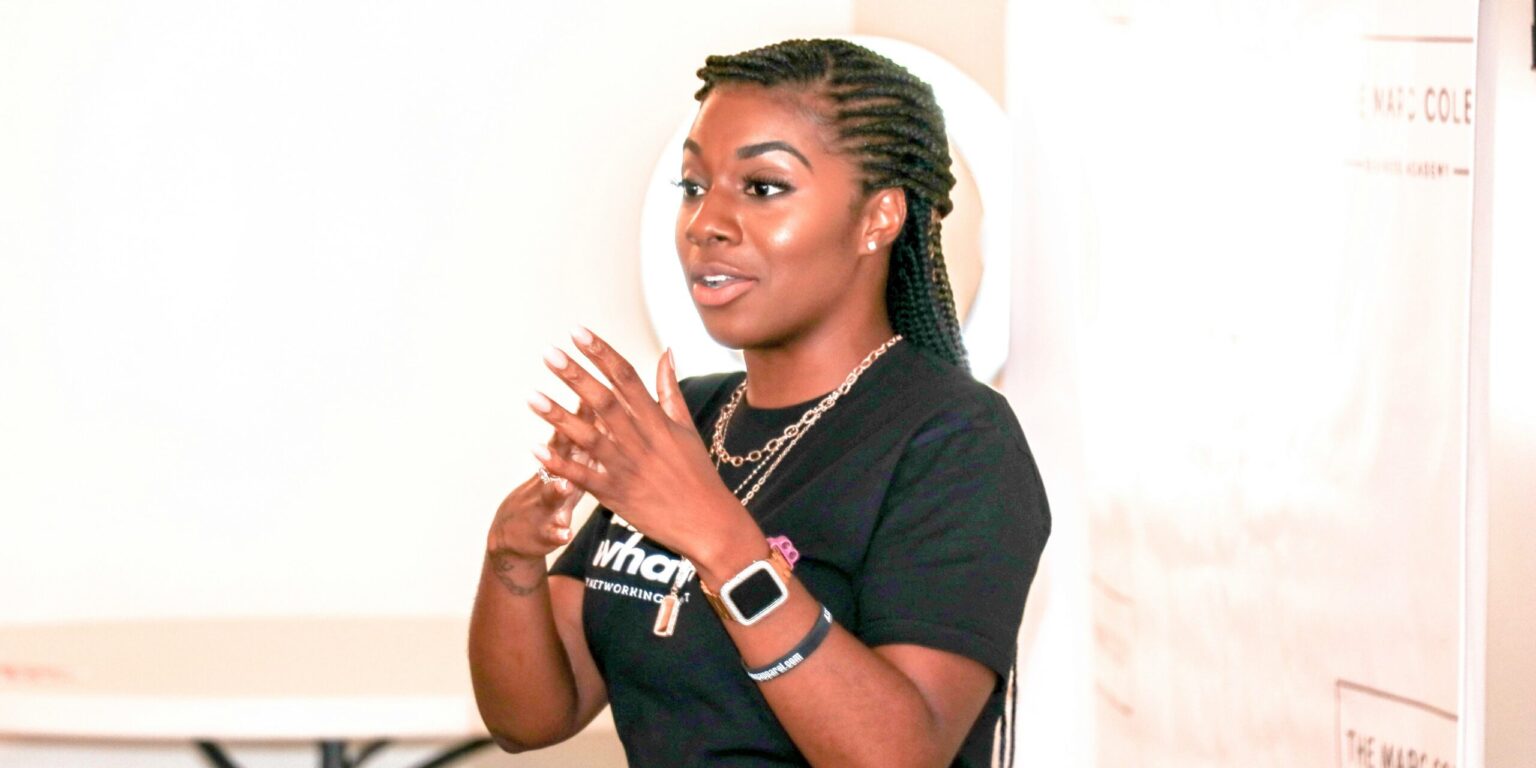August 2025 marks National Black Business Month, an annual observance dedicated to recognizing and celebrating the contributions of Black-owned businesses across the United States. This year, the spotlight is especially on Black women entrepreneurs, whose rapid growth and resilience continue to redefine the face of American entrepreneurship. From launching fashion boutiques and food ventures to leading tech startups and financial platforms, Black women are not only expanding in numbers but also in economic influence and innovation.
The momentum behind Black women-led businesses is undeniable. In recent years, they have emerged as one of the fastest-growing segments of the U.S. small business economy. As of 2024, Black women made up more than half of all Black business owners, accounting for approximately 2.1 million firms. This figure represents a significant increase over the past decade, with growth rates for Black women-owned employer firms outpacing those of their peers across all racial and gender groups. From 2019 to 2024, these businesses grew by over 51 percent—compared to 17 percent growth among all women-owned firms and just under 14 percent among Black male-led enterprises.
Read also: https://womensinsider.com/timeless-beauty-growing-businessnew-franchise-opportunities/
While their presence is growing, Black women entrepreneurs continue to face systemic barriers to scaling their businesses. Access to capital remains a major challenge. Studies show that they are significantly less likely to receive venture capital or bank loans, often relying instead on personal savings, crowdfunding, or high-interest credit. Black-owned businesses overall face nearly double the loan denial rate of white-owned businesses, and when they do secure funding, the amounts are typically smaller and come with less favorable terms. These disparities not only restrict growth but also create long-term financial pressures that many of these entrepreneurs must navigate daily.
Despite these obstacles, Black women are forging new paths in the business world, often driven by a deep sense of purpose and community impact. Many launch companies in response to unmet needs within their own communities, using entrepreneurship as a tool for empowerment, economic mobility, and cultural preservation. Whether through beauty products tailored to Black consumers, financial services designed for underbanked populations, or platforms addressing maternal health disparities, Black women entrepreneurs are solving problems with creativity and passion.
National Black Business Month has become a powerful platform for celebrating these efforts. Across the country, cities and organizations are hosting a mix of virtual and in-person events aimed at supporting and amplifying Black women in business. Workshops on financial literacy, digital marketing, and venture capital funding are being offered alongside pop-up markets that showcase products from local Black-owned brands. Panels and networking sessions feature seasoned founders sharing insights with the next generation of business leaders. Social media campaigns and influencer partnerships are helping these businesses gain visibility and customer support beyond their immediate communities.
One of the hallmark events this year is the 125th Annual Black Business Conference hosted by the National Business League in Atlanta. Running from August 20 to 23, the conference will bring together entrepreneurs, policymakers, investors, and community leaders from across the U.S. and Africa. The event is expected to draw thousands of attendees and will emphasize legacy-building, self-reliance, and strategies for long-term sustainability in the face of evolving economic conditions.
Corporate and philanthropic support also plays a critical role. Goldman Sachs continues to back Black women through its “One Million Black Women” initiative, despite growing political resistance to diversity, equity, and inclusion programs. The firm recently expanded its “Black in Business” educational series, which equips early-stage entrepreneurs with business development skills, access to capital, and mentorship. According to the program’s latest data, more than 60 percent of participants have reported increased revenue within six months of completing the program—an outcome that significantly outpaces national averages for small businesses.
Still, this year’s celebration takes place amid a shifting political and corporate landscape. As some companies scale back or abandon DEI commitments under external pressure, Black women entrepreneurs are losing access to procurement contracts, grant programs, and pipeline partnerships that were just beginning to close long-standing gaps. These pullbacks threaten to reverse hard-won progress and reinforce the importance of grassroots support—through consumer choices, online advocacy, and community investing.
In response, many Black women founders are leaning into digital tools and emerging technologies to amplify their brands and operations. A recent survey found that Black and Latina women were more likely than white women to use AI-driven tools in their businesses, suggesting both adaptability and a willingness to innovate under constraints. From automating customer service to optimizing inventory and marketing, technology is becoming an equalizer in scaling impact without proportional capital.
The importance of National Black Business Month extends beyond celebration. It serves as a reminder that economic justice is deeply tied to visibility, inclusion, and sustained investment. When consumers shop at Black-owned businesses, share their platforms, or participate in support programs, they contribute to a more equitable economic system. For Black women in particular, whose entrepreneurial journeys often begin with fewer resources and greater hurdles, these gestures of solidarity can be transformative.
As August unfolds, the achievements of Black women entrepreneurs are being acknowledged not just for their individual successes but for what they signify: a growing movement toward ownership, leadership, and self-determination. Their progress is a testament to both perseverance and possibility—a narrative that deserves recognition not just this month, but year-round.
